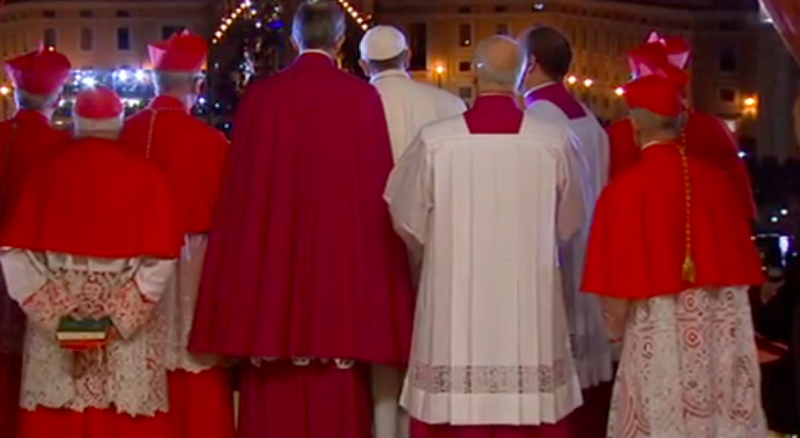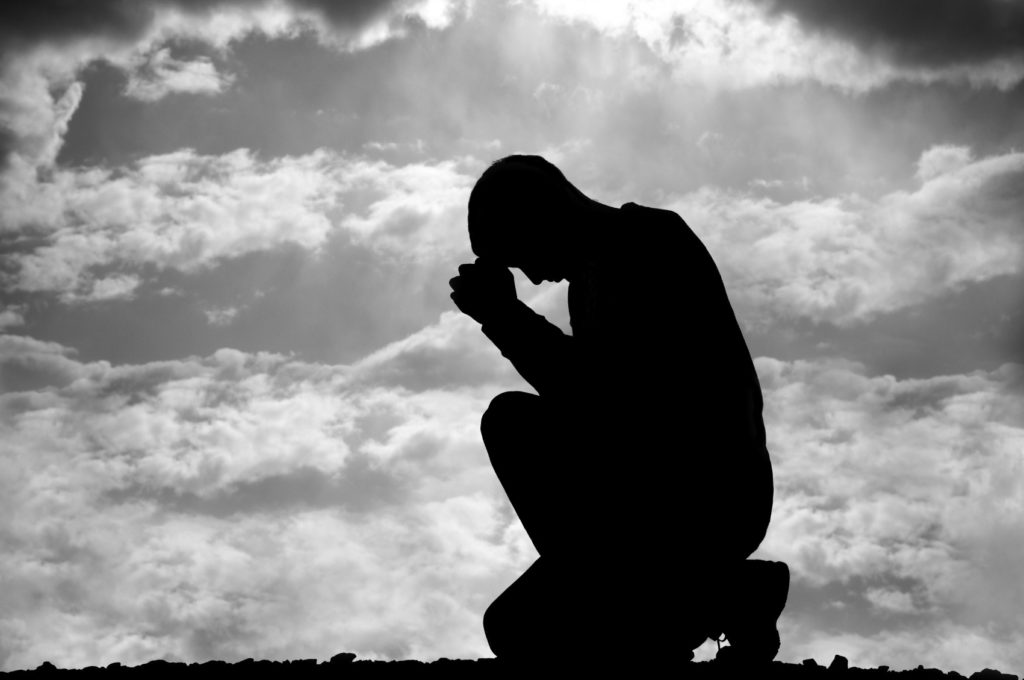Coping with Controversy with the Rosary
These are unsettling times for the Catholic Church in the wake of abuses and cover-ups at the highest levels of the Church. It’s hard to learn about such corruption by people who are supposed to be spiritual leaders in a Church that espouses such high moral values. It can also shake your faith in an […]
Coping with Controversy with the Rosary Read More »






